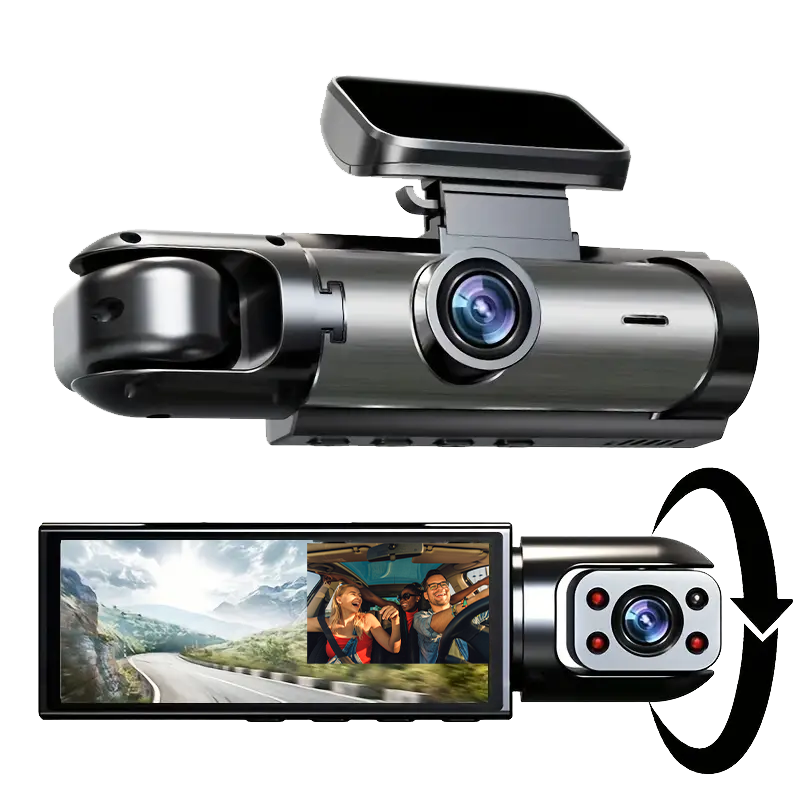
Ratier Motorcycles

Ratier-Figeac is an aircraft components manufacturer in Montrouge, France.
From 1926 until 1930 it also built a car with a 746 cc overhead camshaft engine.
From 1959 until 1962 Ratier made motorcycles, having taken over the motorcycle business of the Centre d'Études de Moteurs à Explosion et à Combustion (CEMEC). The engines were flat-twins derived from Second World War BMW designs.
History
Ratier was originally a joinery firm at the beginning of the century. By the outbreak of the first world-war, the company specialized in propeller blades for the aircraft of the French Air Force. Afterwards it produced for the French mail service Aéropostale all the way through its heyday of the 1930s when the service broke many flight-records. The factory was originally in Malakoff and then transferred toMontrouge. Much of its workload consisted of the contract work it received from Citroën to produce the Citroenette, a child's pedal-car. Paulin Ratier fabricated a prototype propellor-car which never made it into production.
The company produced a rally-car which went on to win many races, such as the Bol d'or race, during a time when it was raced by cars and motorcycles. The factory at Figeac produced bicycles during World War II.
After World War II, the company was renamed CEMEC. As a victory spoil, it was the recipient of many motorcycle parts from the German company BMW and the company was able to construct its own motorcycles, sharing many common features with the BMW brand. GeneralCharles de Gaulle, outfitted his presidential escort with Ratier motorcycles. There were only 1,200 motorcycles produced after the government failed to renew its contract with the company.
Today in Figeac, the company produces aircraft parts, in particular for Airbus.
Timeline
- 1904 : Ratier was created by the joiner, Paulin Ratier, in order to fabricate wooden plane-propellors.
- 1908 : Paulin Ratier joins with the industrial engineer Bernard Montet to produce the propellors for the Breguet XIV bomber
- 1914-1918 : War increases demand and production times are tightened. 1917 : Ratier opens a new factory at Figeac in an old saw-mill. Ratier chose Figeac for the abundant wood-supplies in the region, necessary for propellor production.
- 1919-1929 : After the war, demand falls and Ratier must diversify into other products. Ratier begins to produce toys, electrical appliances and telephones. At the same time, metal propellors come onto the scene and Ratier patents a variable pitch propellor, putting the company among the world's top producers.
- 1939 : Ratier outfits 90% of the French Air Force, holds 63 world records, 32 foreign licenses, and has branches in Algeria, Switzerland and in Morocco. The company has employs 500 persons.
- 1941 : Aircraft demand plummets and the company resorts to producing bicycles.
- 1949-1950 : The company experiences a crisis from lack of demand. The workforce falls below 100.
- 1951-1961 : Exceptional business opportunities allow the company to diversify and multiply its workforce by 10. G. Forest takes over the company and opens a tool-die factory at Capdenac (today's Forest-Line factory), not far from Figeac.
- 1961 : Momentum builds in propellor production with Transall and l’Atlantic in particular, and Ratier becomes the flight equipment manufacturer for the Caravelle
- 1968 : Ratier produces propellors and fan-lift engines.
- 1970 : Ratier begins working with Airbus to fill orders.
- 1980 : Ratier produces composite propellors in conjunction with Hamilton Sundstrand and sees its projects multiply with Airbus, Eurocopter, Bombardier, ATR…
- 1990 : Hamilton Sundstrand brings in new capital to Ratier-Figeac with 20.5% of its parts.
- 1998 : Hamilton Sundstrand acquires 100% of its capital
- 2001 : Ratier-Figeac receives the order to produce the elevator for the Airbus A380
- 2003 : Ratier-Figeac obtains the contract to produce the propellors for the A400M.
- 2007 : Ratier-Figeac is the only propellor producer for the Hamilton Sundstrand group. It will by entirely incorporated by 2008.
No models found
